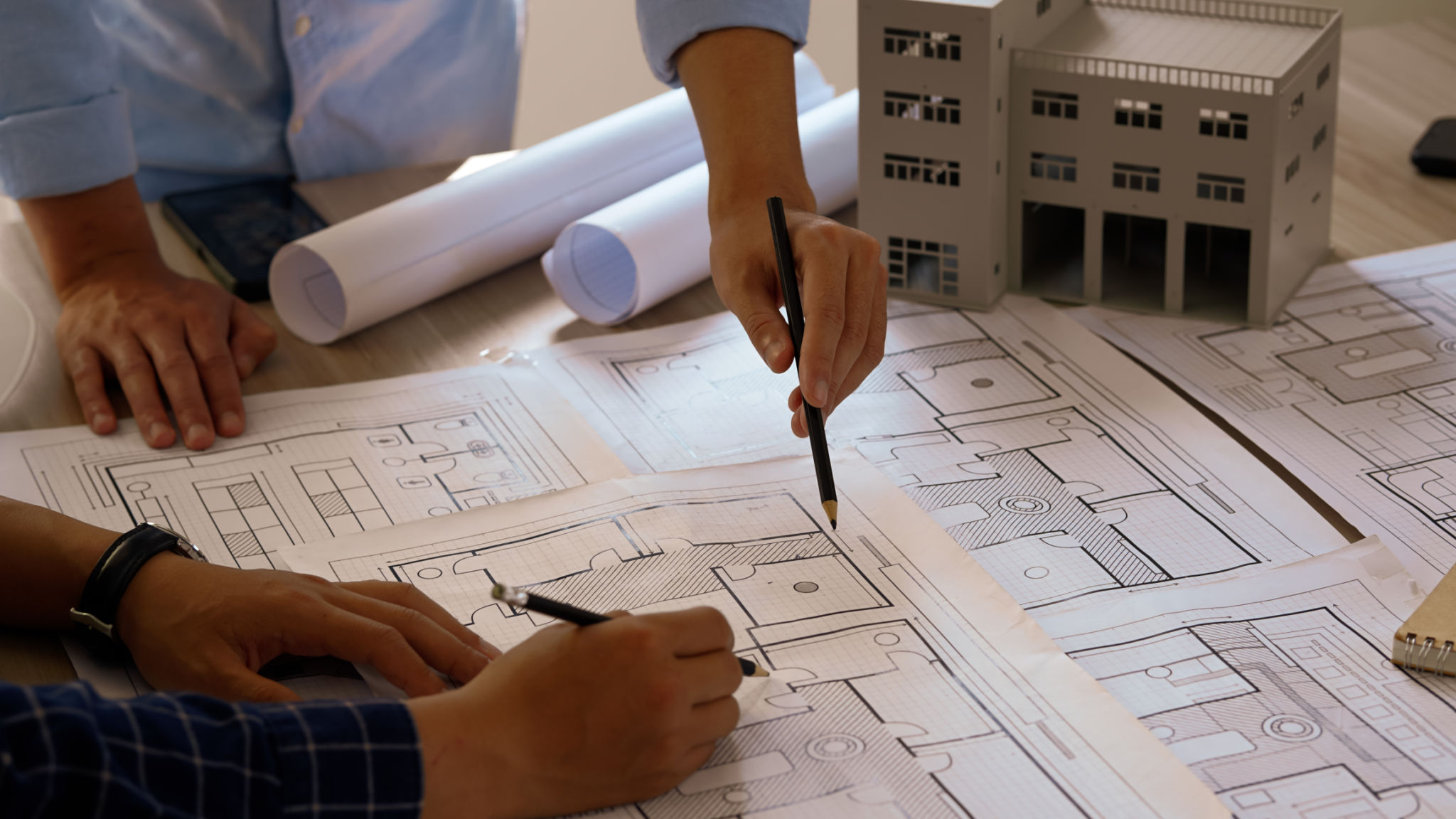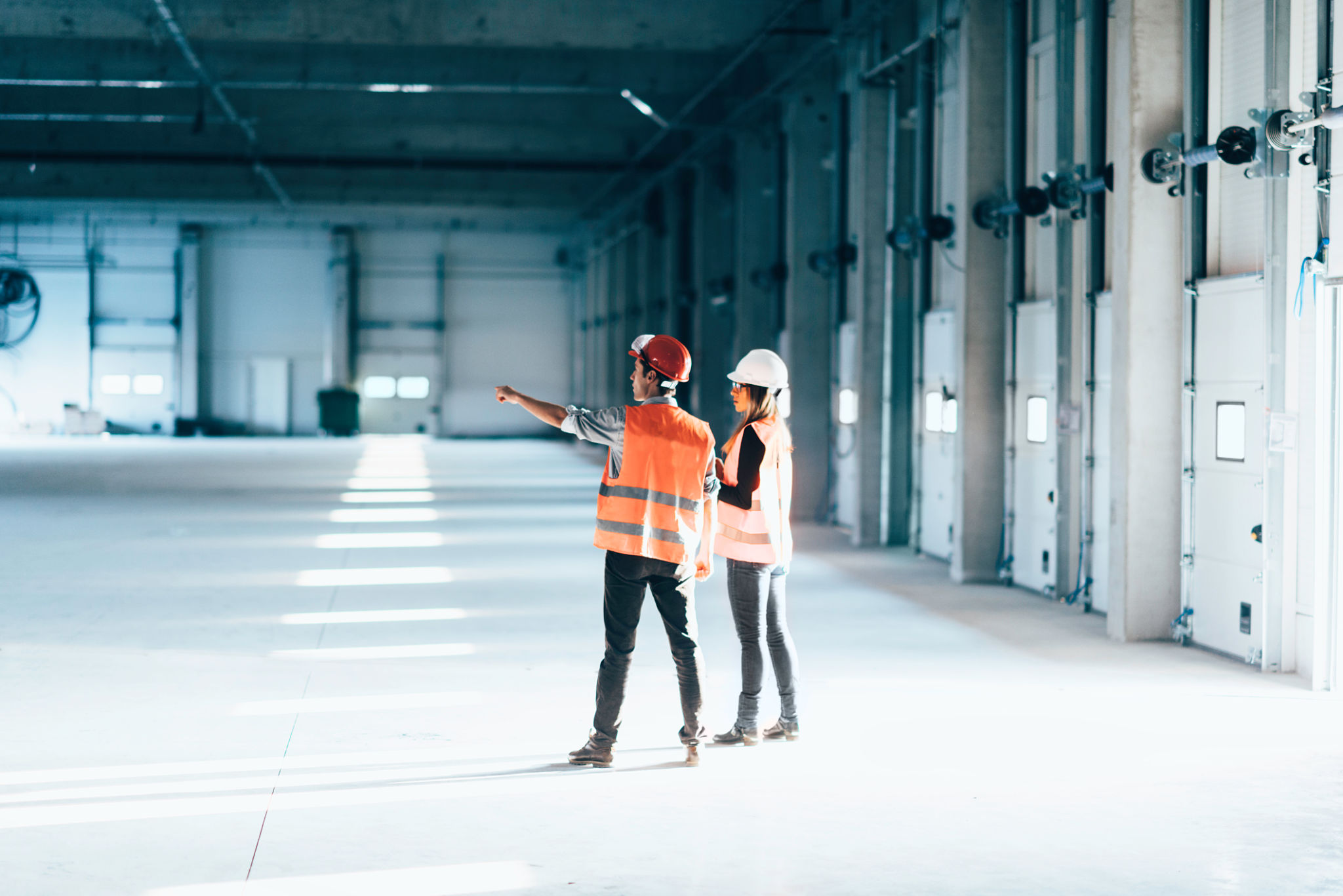Understanding Local Building Codes: What Homeowners Need to Know
Understanding Local Building Codes
When planning a home renovation or construction project, understanding local building codes is essential. These codes ensure safety, energy efficiency, and accessibility in residential buildings. They can vary significantly depending on your location, making it crucial for homeowners to familiarize themselves with the regulations specific to their area. This blog post will guide you through the basics of local building codes and why they matter.

What Are Building Codes?
Building codes are a set of regulations that govern the design, construction, alteration, and maintenance of structures. They are enforced to ensure public safety, health, and welfare as they relate to the construction and occupancy of buildings. These codes cover various aspects, including structural integrity, fire safety, energy efficiency, and accessibility.
Why Compliance Matters
Complying with local building codes is not just a legal requirement; it ensures the safety and longevity of your home. Non-compliance can result in hefty fines, legal issues, and even the need to undo completed work. Moreover, selling a property that doesn't meet code requirements can be challenging, as potential buyers might be wary of underlying issues.

How to Find Your Local Building Codes
Understanding which codes apply to your project starts with knowing where to find them. Here are some steps to guide you:
- Visit your local government or municipality's website. They often have resources or contacts for building code information.
- Contact your local building department or planning office directly.
- Consult with a licensed contractor or architect familiar with local requirements.
Key Areas Covered by Building Codes
Building codes cover a wide range of areas. Some of the most important include:
- Structural Requirements: Ensure the building can withstand various forces like wind, snow, and earthquakes.
- Fire Safety: Include regulations for fire-resistant materials, smoke detectors, and emergency exits.
- Electrical Systems: Govern the safe installation of electrical wiring and devices.
- Plumbing: Ensure safe and efficient water supply and waste removal systems.

Permits and Inspections
Before beginning any construction project, obtaining the necessary permits is vital. Permits ensure that your project plans meet all relevant building codes. Once construction begins, inspections are typically required at various stages to ensure compliance. Failing to obtain permits or pass inspections can lead to work stoppages or expensive corrections.
The Role of Professionals
While homeowners can undertake small projects themselves, hiring professionals for larger projects is often necessary. Architects, contractors, and engineers have extensive knowledge of building codes and can help ensure your project complies with all relevant regulations. Their expertise can save you time, money, and stress in the long run.
In conclusion, understanding local building codes is a crucial part of any home construction or renovation project. By ensuring compliance, you protect your investment and contribute to a safe living environment for yourself and future occupants. Always consult with professionals and your local building authority when in doubt.